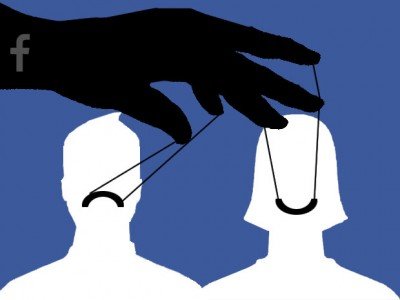Ethics are the key to keeping any action, comment or research fair, honest and reliable. They are almost universally accepted principles determining what is considered right and wrong (McCutcheon 2015). These ethics provide a guideline for researchers to follow willingly in order to achieve their goal in the most open, honest and socially successful way possible (McCutcheon 2015).
The difficulty that arises with these ethical guidelines is that it is a very subjective issue. What is considered morally wrong to participants in a study or a societal group may be seen as acceptable behaviour by another group, or organisation undergoing the study (McCutcheon 2015). Therefore, media contributors must commit themselves to general rules and regulations, and agree to abide by a code of honesty, fairness, independence, and respect for the rights and opinions of others (Media, Entertainment and Arts Alliance 2013).
Most media research involves reactions from one or many human subjects, and because of this, research ethics and moral principles must be put in place to protect their integrity and privacy.
A perfect example of questionable research ethics and practices is Facebook’s 2012 ‘secret’ manipulation of nearly 700 000 unknowing user’s feeds in order to gain information about their consumer’s emotions and how they reacted to changes in their newsfeed content (ABC 2014). They purposely implanted either positive or negative content within their user’s newsfeeds in order to determine whether the moods presented “resulted in a ‘contagion’ of that mood on the recipients profile” (Edge 2014). And it did.
Was it morally wrong of Facebook to manipulate the emotions of their users? (Edge 2014)
This study, when unearthed, was met with extreme backlash and anger from users as their viewing habits and activities on social media were essentially tampered with, and manipulated without the participant’s explicit consent (ABC 2014).
A particular issue I find distressing about this unethical research is the fact that it actually attempted to directly affect their user’s emotions and mood, which could have resulted in serious side effects to user’s private emotional and mental health. Social media is already a site for anonymous negativity; Facebook’s decision to undergo this research was ill-judged. The serious consequences that could have eventuated through this study, classify this as unethical research.
Volunteers to a research project must know enough about it in order to make an informed, intelligent consenting choice (McCutcheon 2015).
Facebook’s response to this retaliation was to dispute the issue of consent by claiming that users provides “implied consent by confirming their agreement to Facebook’s data and usage terms and conditions” (Edge 2014). Not good enough, Facebook.
This backlash highlights the importance of ethics when undergoing media research as a simple Google search of ‘facebook experiment’ and ‘unethical media research’ shows the expanse of this story, and abundance of feedback by society itself. I was startlingly met with millions of news articles and responses regarding this issue, emphasising the need for honest, respectful and consenting research.
References:
Edge 2014, The Facebook Experiment, What’s it all About?, image, Edge Insight, viewed 5 April 2015, <http://www.edgecreativesolutions.com/insights/index.php/the-facebook-experiment-whats-it-all-about/>.
McCutcheon, M 2015, ‘Research Ethics’, powerpoint slides, BCM210, University of Wollongong, delivered 18 March 2015.
Media Entertainment & Arts Alliance 2013, ‘Journalists’ Code of Ethics’, Media, Entertainment and Arts Alliance, viewed 5 April 2015, <http://www.alliance.org.au/code-of-ethics.html>.
